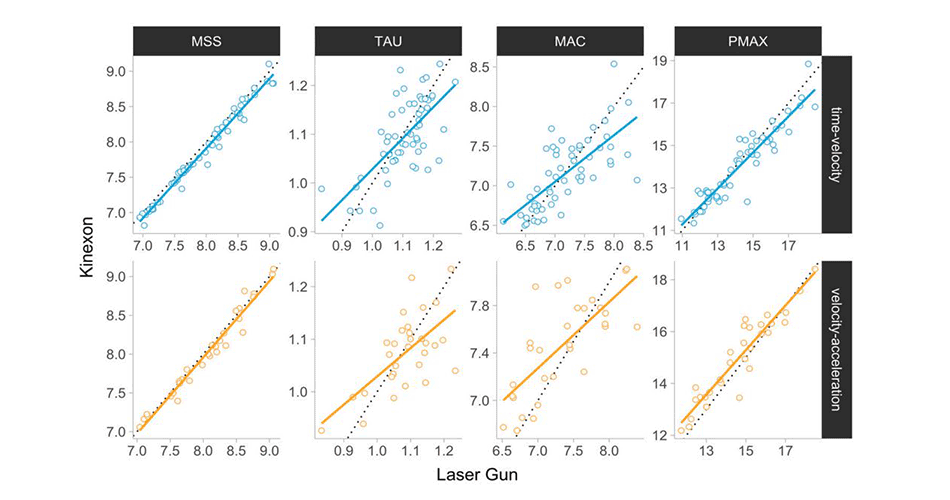Review 4 – What Can We Learn From the Brain?
Today we gonna look at this meta-analysis determining the reliability of functional MRI scans, or in other words, our accuracy in seeing what’s going on in your brain while you do different activities. I know, a bit off-topic, but bear with me. Usually, it’s claimed that fMRI results or scanning the brain can be used to infer an individual’s pattern of thoughts, feelings, and basic motor behaviour. It’s used in medicine as a proxy for risk stratification, diagnosis, prognosis, and evaluation of treatment response for different pathologies…and for whatever reason, brain-based or neuro training is slowly making its way into S&C and sports science as another tool or method to improve those “magic 1%ers”.
Reliability
However, before we can confidently implement any of such methods, we should at least have some empiric data indicating it’s worth a shot. And that requires that our testing methods are reliable, so we know the change we see is not just an artefact. Basically, a test is reliable when we test an individual and get whatever metrics and do the same test again. Without intervening, we should get exactly the same result, right? Because nothing changed in between. That’s how we determine the reliability of testing methods in science.
What’s going on in the brain?
The reliability of fMRI’s is 0.397. Hence we just can’t be confident that such data is anywhere near the truth. We have no idea what’s going on in the brain. Safe to say, we won’t know in this lifespan how the brain works, let alone how to use it for performance gains. This leaves us no choice, to not only ruthlessly ignore any claims and assumptions about how we can train the brain and all attached organs for performance gains, but we need to call out such BS—every single time. There is zero ground to justify its efficacy.
I’ll finish this rant with one of my favourite quotes by Rob Pirsig. “For every fact, there is an infinity of hypotheses.”. So just because you got better at whatever motor skill, we just can’t be confident in the underlying deterministic causes, especially in such a complex and still unknown entity as the brain.











Responses